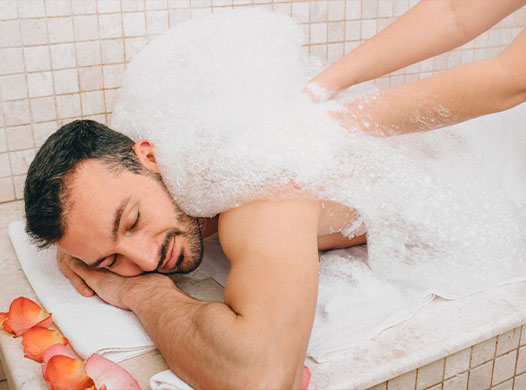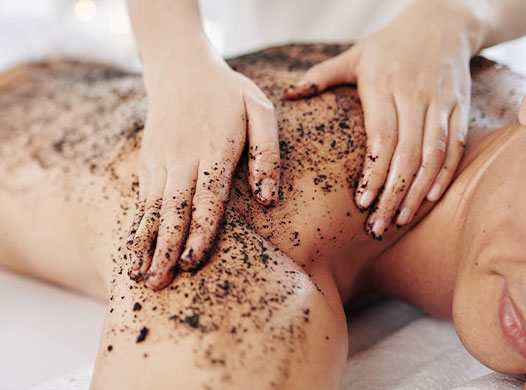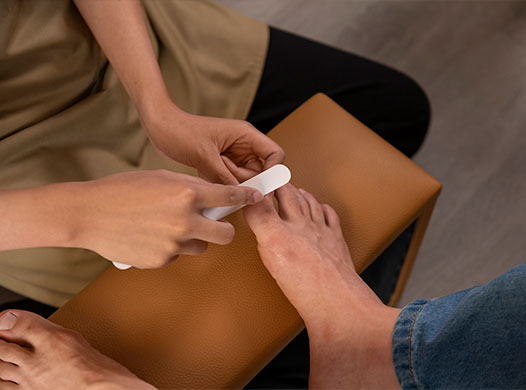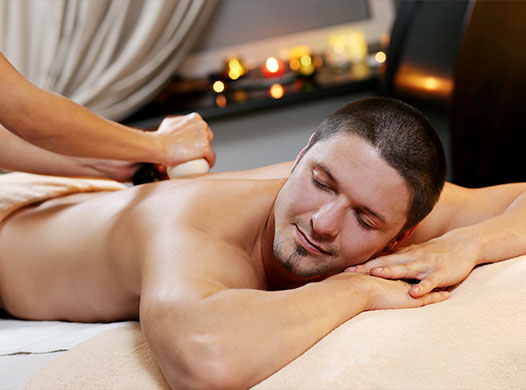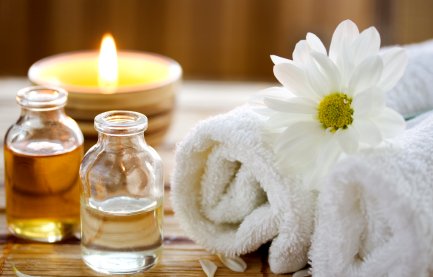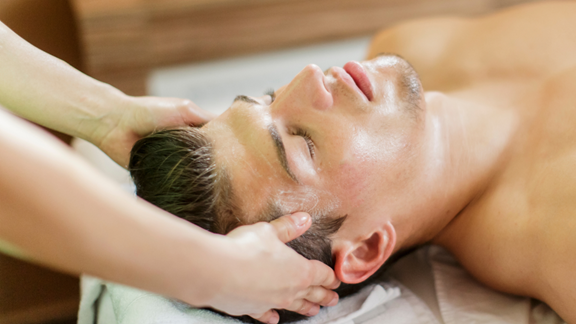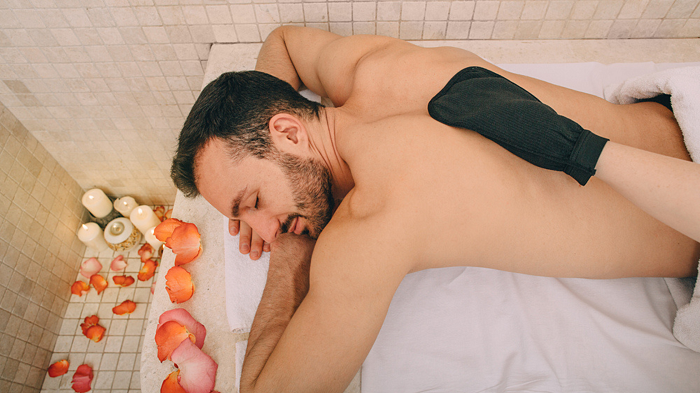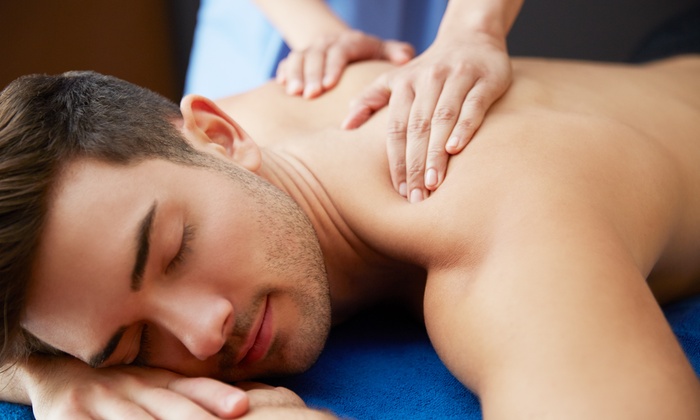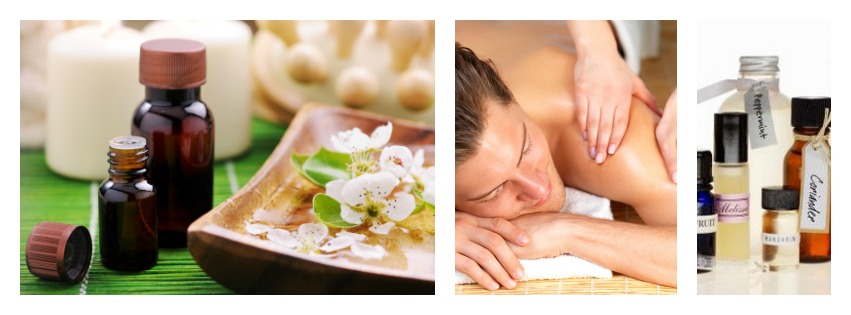
Worldwide, millions of people use aromatherapy nowadays to relax, soothe, and energise their lives. Do you know how aromatherapy began to play an important role in people’s lives? No, then start reading. Aromatic plants were originally used by the Chinese as part of an ancient culture to generate well-being, thousands of years ago. They burnt aromatic herbs and wood to create harmony and peace during religious practices.
Along with the Chinese the Egyptians also started extracting oils from aromatic plants for their mummification process. They used oils of cinnamon, nutmeg, myrrh, cloves and cedar wood to embalm the dead. When one of their tombs was opened in the late 20th century, traces of herbs were found in the body and the scent was still aromatic although it had become less powerful with the passing of time. The Egyptians also used aromatic oils for spiritual, medicinal, and cosmetic purposes. It is believed that it was they who coined the term ‘perfume’ from the Latin term per fumum. Egyptian men used an interesting method to smell nice and sweet – they placed a solid cone of perfume on their head, this eventually melted and enveloped them in a sweet-smelling scent.
India and Persia were also involved in using aromatic massage during their early histories while practicing, traditional Indian medicine, and Ayurveda. The Greeks learnt a lot about perfume and aromatic oils from the Egyptians and, so it is said, their Gods. Aromatic plants were popularly used for medicinal and cosmetic uses. Hippocrates, popularly known as the “father of medicine” used scented fumes for aromatic and medicinal benefits. Romans inherited their knowledge from the Greeks and the Egyptians but they tried something different with aromatic herbs such as using them for body treatments, bathing, scented bath treatments, massages and more.
In the late 14th century herbal plants and medicines were used to combat the Black Death that caused numerous deaths throughout Europe. Many perfumers were saved from this deadly disease due to their constant, close association with aromatic oils and herbs. Perfumery became an art form in the 16th and 17th centuries and by the 19th century perfumery had developed into a promising industry, with women demanding their jewellers to create special bottles to store their treasured perfumes.
In the 20th century, a French chemist Dr. Rene-Maurice Gattefosse became interested in the use of essential oils for medicinal purposes. His interest was triggered following an accident he had in his workshop; he badly burnt his arm whilst working and as a reflex he had quickly dipped it into a nearby large container of liquid, which turned out to be essential lavender oil. The burn healed quickly without leaving a scar. Following this discovery, it was Gattefosse, who coined the term Aromatherapy in 1928 in an article extolling the benefits of essential oils.
Other highly respected aroma therapists in the 20th century include Dr Jean Valnet, a French medical doctor in the Military who used aromatic essential oils to treat wounded soldiers during the war. Another, Madame Marguerite Maury (an Austrian biochemist) insisted on the use of essential oils and aromatherapy for cosmetic purposes in her practice and studies.
In the 21st century there was a growing demand for utilising more and more natural products for therapeutic, cosmetic, and aromatic benefits. Today aromatherapy massage continues to remain popular due to its increased health benefits like curing insomnia, inflammation, anxiety, headaches, nervousness, and depression. It also contributes to pain relief, mood enhancements, immunity, relaxing effects, balance and well-being.
Make an appointment at our branch at Oud Metha, Dubai.
Oud Metha, Dubai: Open from 10:00 am to 12:00AM Midnight
Call to book: 04 3709706





